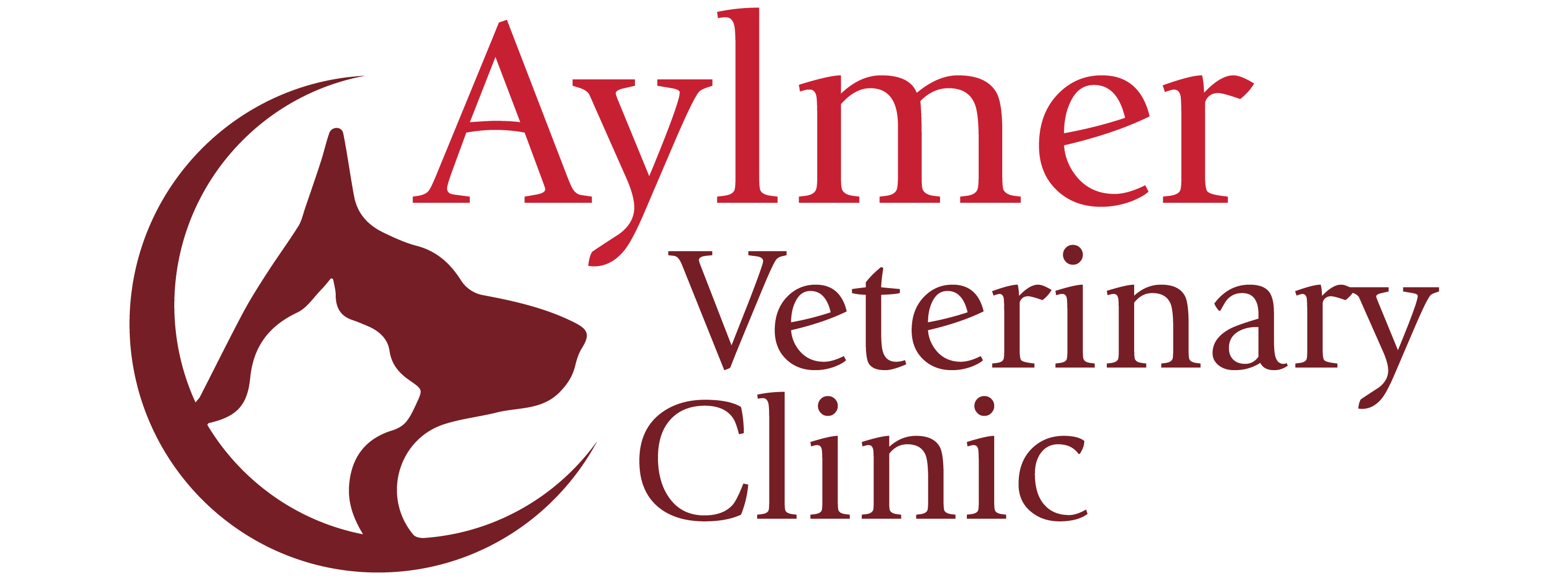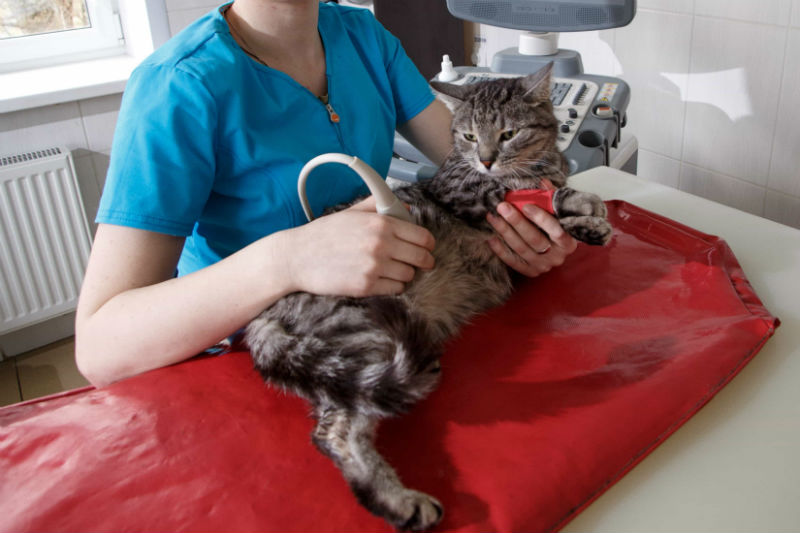In recent weeks, our family’s beloved wandering kitty fell upon some bad luck. It was likely just that – a fall, a misstep or something traumatic in nature that caused her to luxate (dislocate) the talus bone in her right ankle. Originally, we thought she had likely fractured her pelvis as she was limping and had extensive bruising in her thigh area.
After radiographs (x-rays) of her pelvis did not show a fracture, we assumed it was soft tissue injury and treated her with anti-inflammatories and pain medication. Her amazing veterinarian said if she did not improve, she would need to recheck her.
After two days of strict rest in the house, she had not improved and we, therefore, took more radiographs. Yup, there it was. Something didn’t look quite right in her ankle, but there are a lot of tiny bones in a cat’s tiny ankle – so it was time to see what a veterinary specialist had to say.
After a couple of emails back and forth, we were able to see the surgeon the very next day (WOW!). He confirmed a luxation as suspected by our veterinarian and gave the various treatment options from conservative treatment to surgical correction. In the end, we decided that our cat was happiest as an explorer and our goal was to get her back up to full function if possible (and there was a very good chance of that). So, her bone was set back into place and secured with a single screw.
We are very fortunate in our profession to not only have some amazing veterinarians, but also veterinary specialists just like in human medicine. Everything from orthopedic and soft tissue surgeons, to ophthalmology (eyes), oncology (cancer), internal medicine, behaviour specialists and more! Many of these in the local area. How lucky are we?
Here is a list of things that we had to consider before making this decision:
1. What was our goal?
She could survive as a 3-legged cat if amputation was to occur, but we really wanted her to get back to full function if possible.
2. Finances
Obviously, this has to be considered. Sure wish we had pet insurance, definitely going to look into that!
3. Post-op Care
She would require weekly sedation and splint changes. Could we commit to that treatment plan and what if there were wound complications?
4. Post-op Care Part 2
She would need to be confined to a small space for a minimum of six weeks. We would need to have a set-up for her to be restful (aka – not bothered by her two rambunctious brothers, yet not too secluded either). Easy access to food/water and a litter pan.
5. Post-op Care Part 3
She’s an outdoorsy kind of girl. Could she be happy as an indoor only cat? The answer was – NO! We then set up a dog crate outside and shuttled her in and out daily in fair weather.
So, all in all, it was a lot to consider, but we are 100% happy with the decision we made. After six weeks of strict rest, she has been cleared for rehabilitation in the form of free-range mobility in the house (no running/jumping) and she will get to go outside again in the next month.
Veterinary specialists are just that….special. They have years of training and experience in a very specific field and we are so fortunate to have many of them within a 30-40 minute drive from Aylmer.
Check out this link to find out more about pet insurance (something I am going to look into as well):
https://www.ovma.org/pet-owners/pet- insurance/
Written by Angela Noble, RVT & Practice Manager




